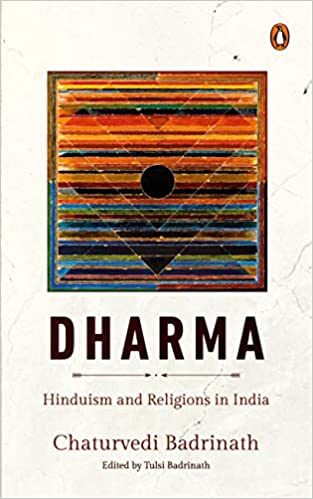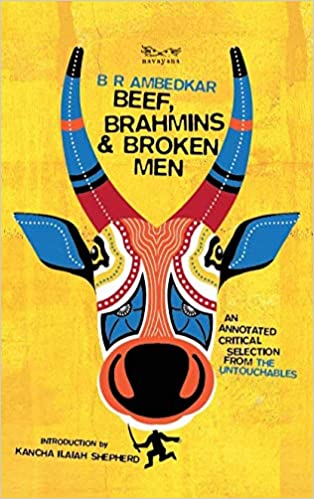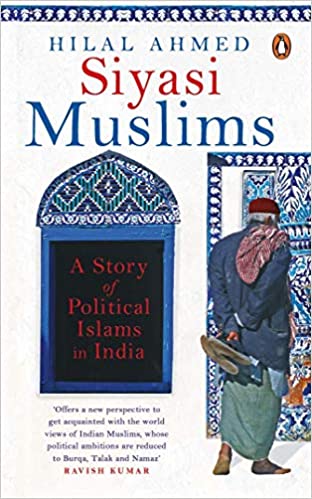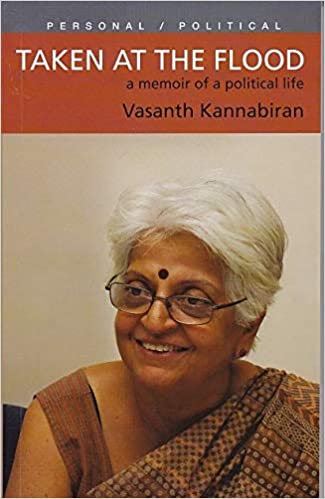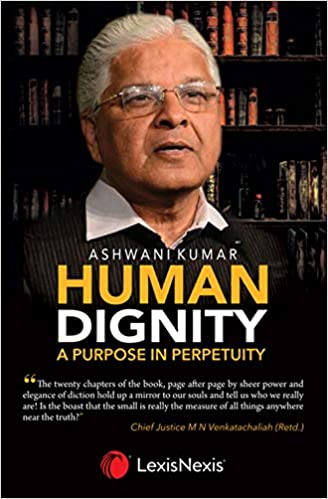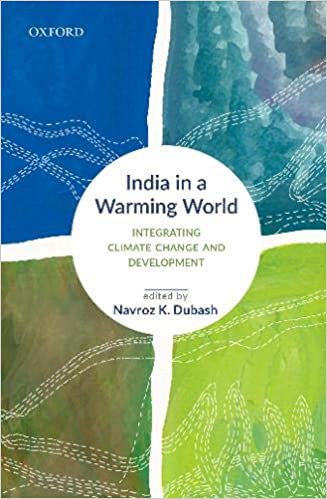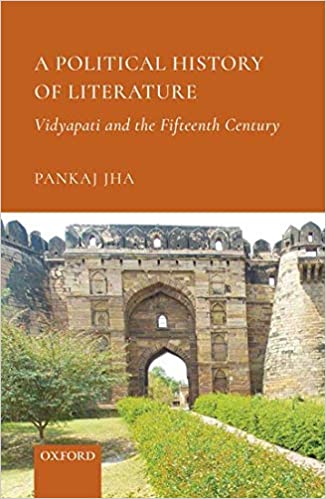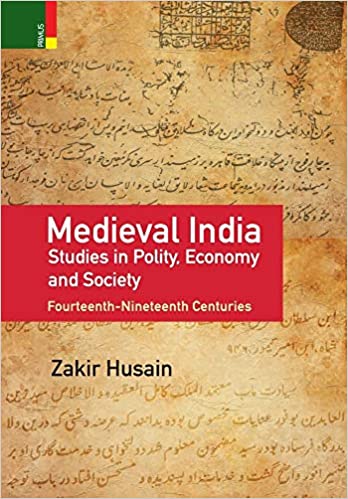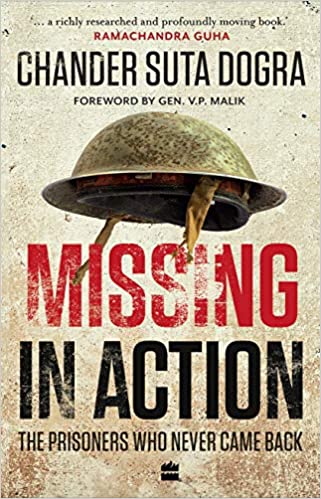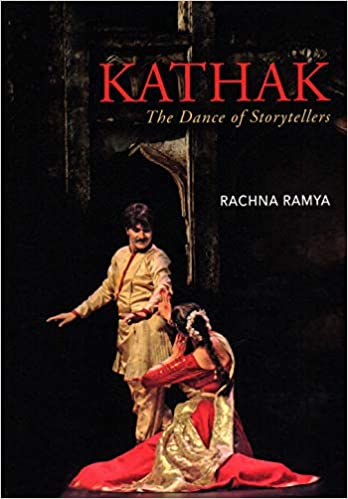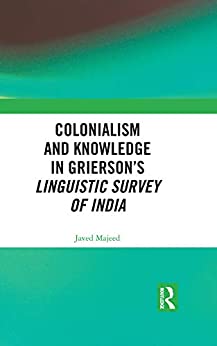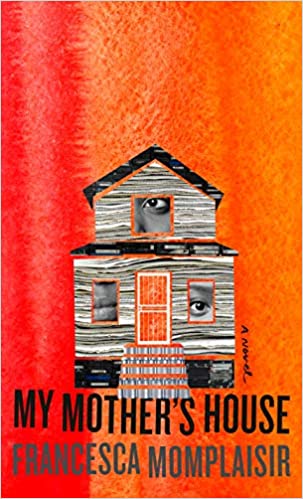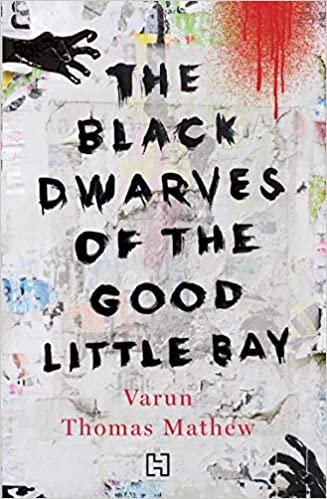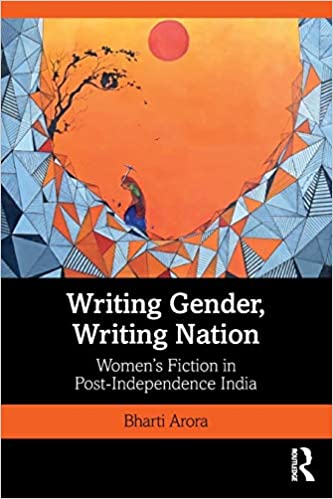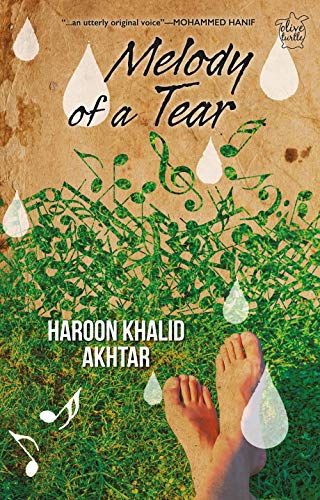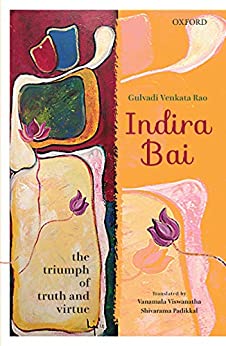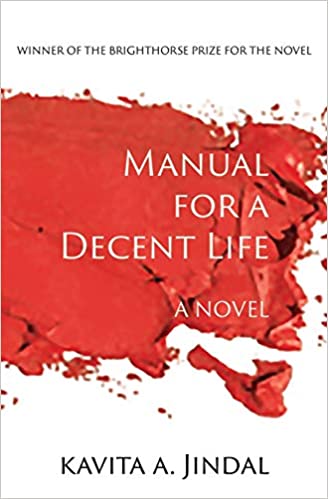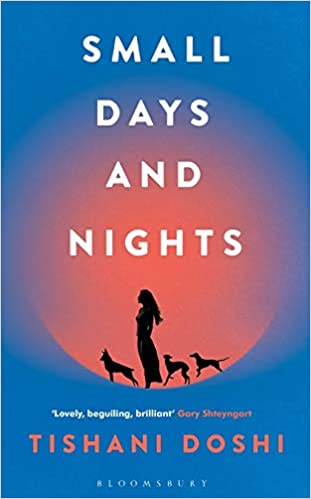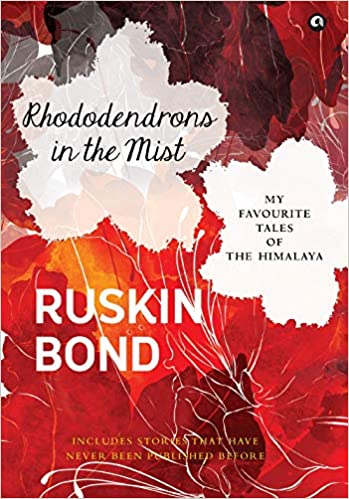Hinduism is the oldest living religion. Like all statements about Hindus, this needs further and then further qualification. The Indic tradition (shorthand for Hinduism), as expected, provides it: neti, neti. It is not a religion, nor an -ism.
Archives
August 2020 . VOLUME 44, NUMBER 8price not statedThe view of Ambedkar as a radical philosopher who can help us understand and fight social and economic evils that Indian society is fraught with through the ages is gaining strength. The gains are a hard-won battle realized by Dalit-Bahujan groups.
Earlier this year, while the country witnessed protests against the newly amended Citizenship (Amendment) Act 2019 (CAA), the Bharatiya Janata Party’s senior leader and the then Chairperson of the National Commission for Scheduled Tribes (NCST), Nand Kumar Sai.
The interplay between religion and politics has been the quintessence of political discourse in postcolonial India. Hilal Ahmed’s Siyasi Muslims: A Story of Political Islams in India is an attempt to define Muslim political discourse in postcolonial India.
Vasanth Kannabiran’s latest book, described in this edition’s back cover as ‘a feminist memoir’, is a great deal more. There are at least three major narrative strands in the book: (1) Central to it is Vasanth’s examination of her evolution.
Ashwani Kumar, lawyer and veteran of the Rajya Sabha for fourteen consecutive years, has contributed several articles over the years to the Tribune, the Indian Express and The Hindu. This new book is a collection of essays on a wide range of issues of contemporary concern.
If we think that climate change is only the melting of glaciers in the polar regions, decreasing numbers of polar bears, wild fires in Australia or the Amazons, sea level rise and hurricanes in the US, we are in denial! The average temperature in India.
In this study of Vidyapati, scholar and poet from fifteenth-century eastern India, Professor Pankaj Jha explores how historians might engage with literary texts so as to enrich our understanding of both history and literature. Vidyapati presents.
Based on Persian archival material, the documents and private collections at the National Archives of India, New Delhi and several other archives in India and abroad, this volume explores the events for the period mid-fourteenth to mid-nineteenth centuries.
Nations love their armed forces and nationalism thrives on war but wars have consequences for which neither the nationalists nor their leaders are usually prepared. Military and political histories also feast on war but in general do not pay adequate attention.
Following from Javed Akhtar’s lament in the Foreword to this volume, there is much to be said for re-focusing our collective attention on the shabd (literally, word) or the text as a proxy for language (and not just in music), as the richness.
The large majority of books on Kathak that offer a historical, theoretical and practical approach to the study of the dance form are in Hindi. Some are also available in other vernaculars like Bengali. This itself makes Kathak: The Dance of Storytellers.
Whether or not it is correct to term George Abraham Grierson’s 21-volume Linguistic Survey of India (produced over more than three decades: 1894-1927) ‘monumental’ is a query that Majeed’s set of two volumes seems to propose as key for studying.
This cracker of a debut novel opens with a house on fire—La Kay, a house that is one of the protagonists, a sentient house, that is actually attempting to commit suicide. The house has had enough of its ‘owner’ Lucien, an immigrant from Haiti who had moved.
The year is 2041. A huge fortress named Bombadrome, 500 sq. km in an area housing thirty million people stands against a towering sea wall on the soil of erstwhile Bom Bahia, Bombay or Mumbai. Equipped with the finest transport network, efficient.
Bharti Arora’s book is an analysis of eleven novels written by women in different Indian languages from 1950 to the mid-1990s. It draws from historical and sociological scholarship and policy reports to develop a framework to draw attention to the socially.
2020
Womankind must keep walking to stay a matter of safe routine. Standing still made one the object of prying eyes.It is the act of standing still that reverberates throughout the novel in diverse ways and takes on new meanings in every turn of the page in the novel.
The first Kannada novel, Indira Bai or The Triumph of Truth and Virtue, has been recently translated into English, for the second time, by Vanamala Viswanatha and Shivarama Padikkal. Originally published by the Basel Mission Press, Mangalore, in 1899.
A winner of the Brighthorse Prize, Kavita A Jindal’s debut novel builds slowly at first; the mood is tense, both pace and complexity rise steadily to an almost rabid crescendo. Jindal’s rich prose seduces you into northern India: Uttar Pradesh,
It is understandable that Tishani Doshi as a poet would prefer to write slowly. But she extends the principle of slow writing to her prose works too, speaking of its value in a note at the end of her debut novel The Pleasure Seekers (2010).
If you are living in a limbo you need the company of old friends. All my life I have cherished silence but during the first weeks of the lockdown, when silence lay over my noisy city like a pall of gloom, I began to hate it. I yearned for the sound.
Through the thick haze, Sayma did not see the airborne projectile that smacked her square between the eyes.
When she realized that she had been struck by a rolled-up newspaper, curses came flying out of her mouth at the bitter old goat that came every morning to deliver it on his bicycle. An appropriate response was promptly hurled back.
Editorial

